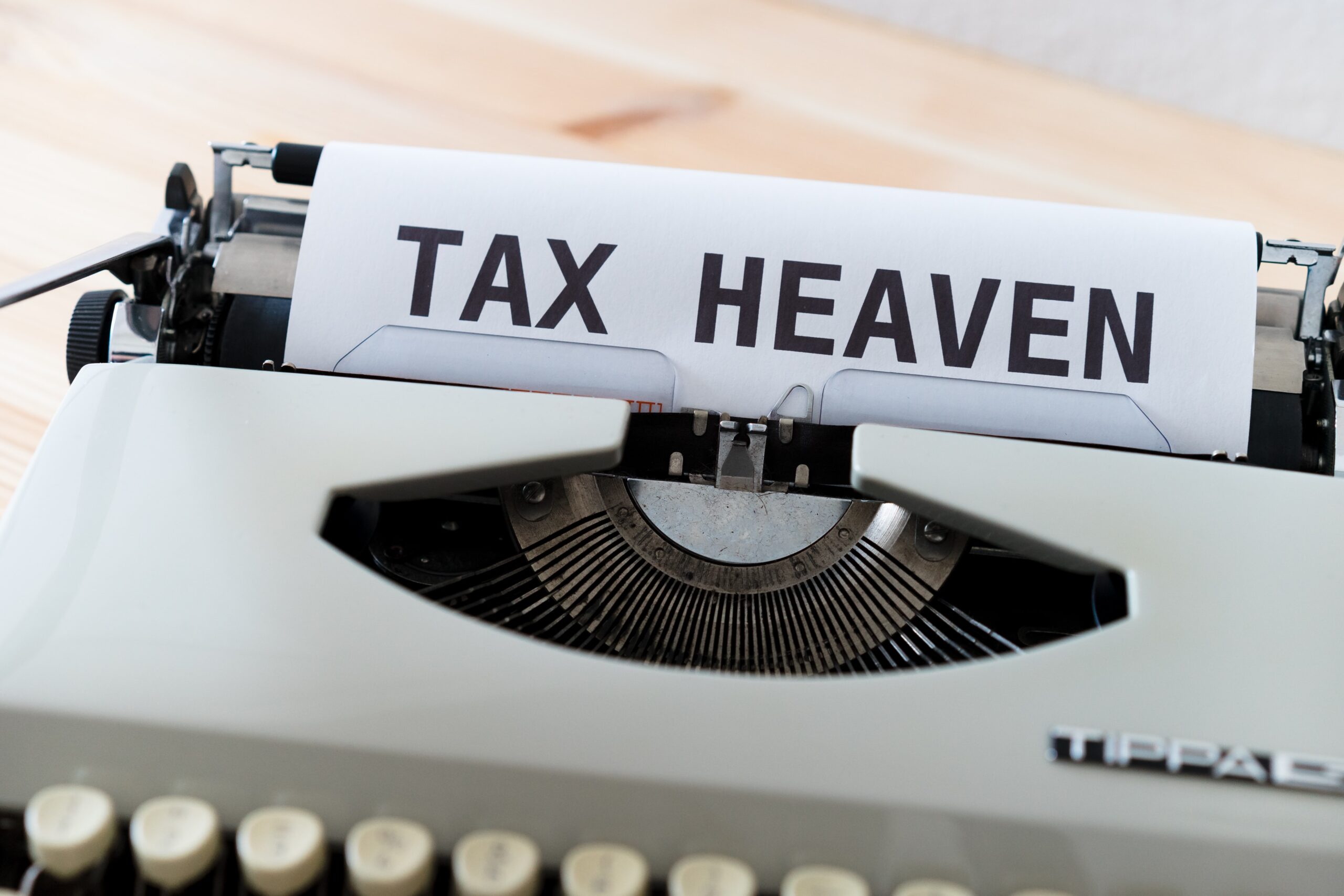Lowering your overall tax liability is probably one of your top priorities, whether you’re an individual or a business owner.
The good news is that with a little bit of research and forward-thinking planning – you can significantly reduce your tax liability at the end of each year.
In this article, we’ll go over 6 different ways to reduce year-end tax liability – and tips along the way.
- Invest in a tax-deferred account like an IRA or 401k
- Claim all eligible deductions and credits on your tax return
- Keep good records of your income and expenses throughout the year
- Don’t forget to report any foreign income or assets
- Estimate your taxes owed and pay them throughout the year
- Consult with a tax professional if you’re unsure about anything
Invest in a tax-deferred account like an IRA or 401k
Many people are familiar with the concept of investing in a 401(k) or an IRA in order to save for retirement. However, what some people may not realize is that these tax-deferred accounts can also provide significant tax benefits. When you contribute to a traditional IRA or 401k, your contributions are made with pre-tax dollars.
This means you will not have to pay taxes on the money until you withdraw it during retirement. In contrast, contributions to a Roth IRA are made with after-tax dollars. However, withdrawals from a Roth IRA are typically tax-free.
As a result, investing in a Roth IRA can be an excellent way to hedge against future tax rates.
Ultimately, the choice of whether to invest in a traditional, or Roth IRA, depends on your personal financial situation.
However, both types of accounts can help you save money on taxes and reach your retirement goals.
Claim all eligible deductions and credits on your tax return
When it comes to filing your taxes, it pays to be as organized as possible. One of the best ways to stay on top is to track all eligible deductions and credits throughout the year.
This way, come tax time, you’ll have everything you need in one place. While some deductions and credits are well-known, others can be easy to overlook.
For instance, did you know that you can deduct the cost of home office expenses? Or that there’s a credit for installing energy-efficient windows?
By doing your research and capitalizing on all of the available deductions and credits, you can significantly reduce your year-end tax bill. So next time you’re feeling overwhelmed by taxes, remember that a little planning can go a long way.
Keep good records of your income and expenses throughout the year
Come tax time, good record-keeping can save you a lot of headaches. If you’re organized throughout the year, you can simply pull out your records when it’s time to do your taxes.
This is much easier than trying to track down receipts and bank statements from months or even years ago.
To keep good records, start by setting up a simple filing system. You can use folders, labeled by month, to store your receipts and bank statements or you can use an electronic file-sharing service to keep everything in one place.
Many small business owners opt to partner with a bookkeeping service in order to ensure every single inflow and outflow is tracked, as well as every deduction being maximized. For a nominal fee – you can essentially remove that entire portion of organizational management from your plate of to-dos!
Whichever method you choose, make sure to update your records regularly. At the end of each month, take some time to go through your receipts and bank statements and add anything that’s missing.
By taking a few minutes each month to keep on top of your records, you’ll save yourself hours of work come tax time.
Don’t forget to report any foreign income or assets
Every single year, the IRS requires all taxpayers to report any income or assets they have acquired from foreign sources.
This includes any income earned from employment, investments, or business ownership, as well as property such as real estate or vehicles.
Failure to disclose foreign income or assets can result in significant penalties, including fines and potential jail time.
Therefore, it is important to make sure that all the required, relevant information is included on your tax return.
If you are unsure whether a particular asset needs to be reported, your best bet is to consult with a tax professional.
With a little bit of planning and sit-down time, you can avoid any problems with the IRS and ensure that your taxes are properly filed.
Estimate your tax liability and pay throughout the year
As the end of the year approaches, many people start to think about their taxes. If you want to minimize the amount of taxes you owe, it’s important to estimate the taxes you’ll owe and pay them throughout the year.
This way, you’ll avoid being hit with a large tax bill at the end of the year. To estimate your taxes owed, start by looking at your previous year’s tax return. Then, use this information to estimate your income and deductions for the current year.
Once you have an estimate, you can make Quarterly Estimated Tax Payments to the IRS. These payments are due on April 15th, June 15th, September 15th, and January 15th.
By making these payments throughout the year, you can minimize the amount of taxes you owe and avoid getting hit with a large tax bill at the end of the year.
Consult with a tax professional if you’re unsure about anything
Taxes can be complex, and it’s easy to make mistakes that could cost you money. If you’re unsure about anything on your tax return, it’s best to consult with a tax professional.
They can help you determine whether you’re eligible for certain deductions and make sure you’re taking advantage of all the tax breaks you’re entitled to. They can also help you understand the tax implications of different financial decisions, such as selling a piece of property or taking early withdrawals from your retirement account.
By getting professional advice, you can be confident that your taxes are being done correctly and that you’re maximizing your potential tax savings.
These are just a few tips to help you save on your taxes this year. For more detailed advice, consult with a tax professional or accountant who can help you maximize your deductions and minimize your tax liability.
A little planning and preparation now can save you a lot of money come tax time, so start gathering your records and get organized today.





